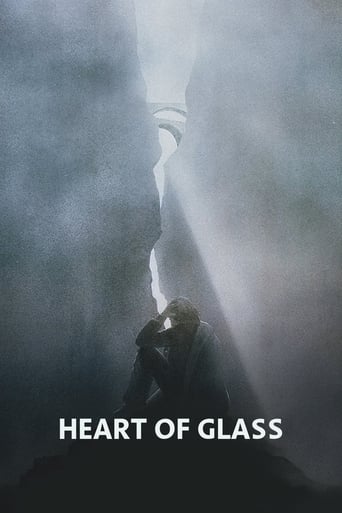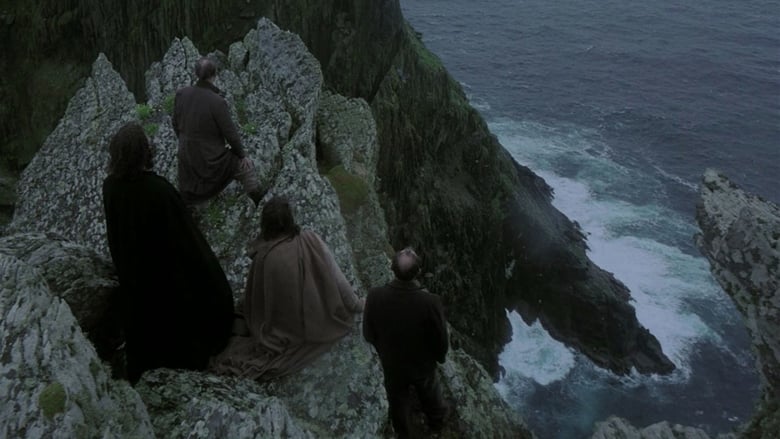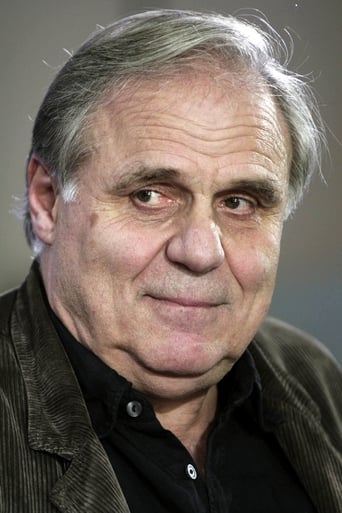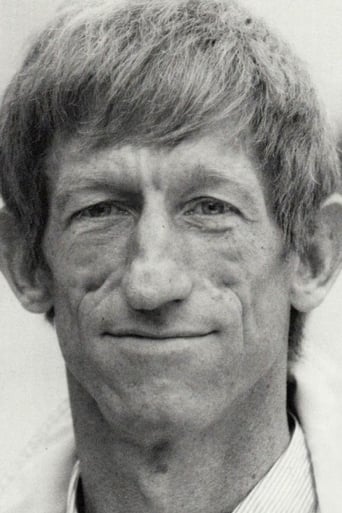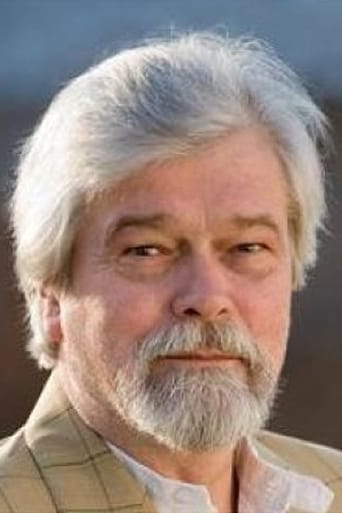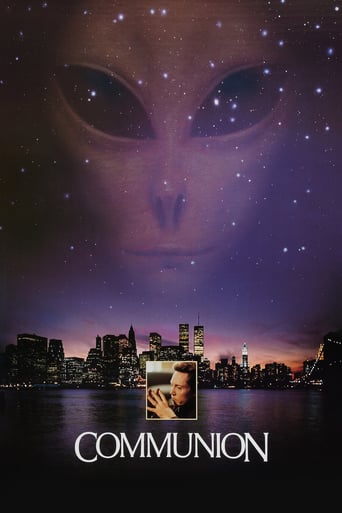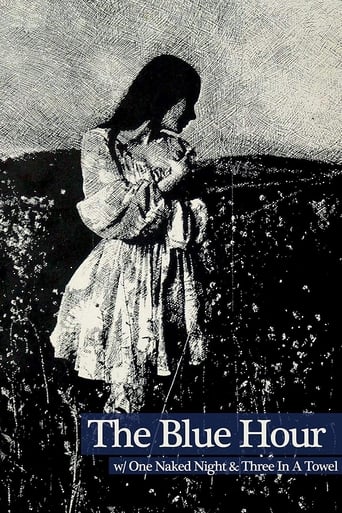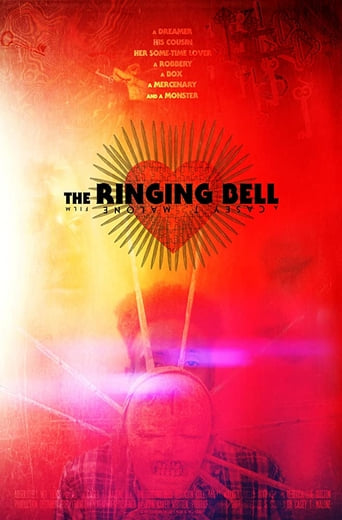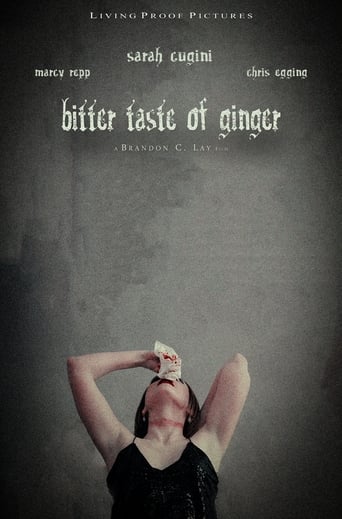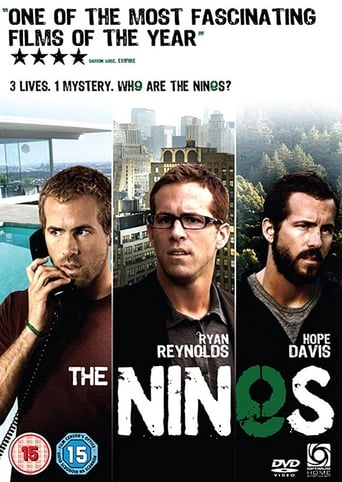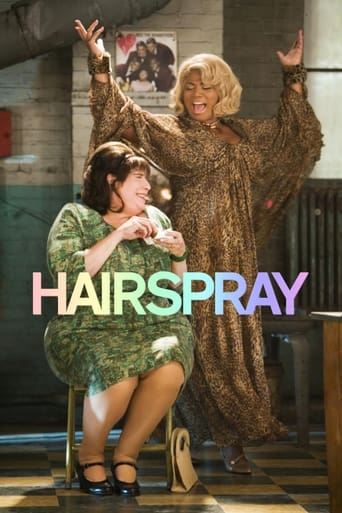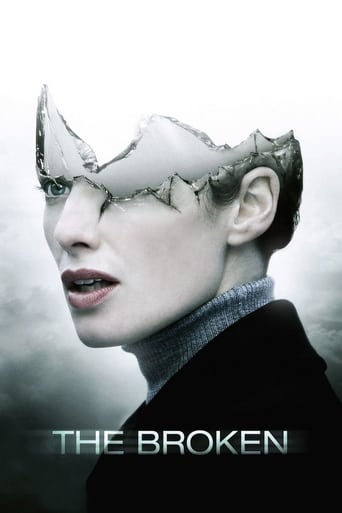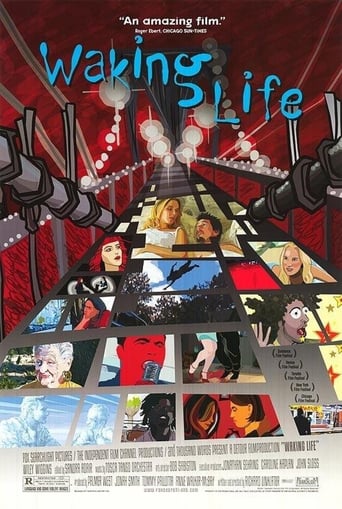Heart of Glass (1977)
A small Bavarian village is renowned for its "Ruby Glass" glass blowing works. When the foreman of the works dies suddenly without revealing the secret of the Ruby Glass, the town slides into a deep depression, and the owner of the glassworks becomes obssessed with the lost secret.
Watch Trailer
Cast


Similar titles
Reviews
The foreman of a small village glassworks dies without revealing the secret to the famous "Ruby Glass".This is very much a Werner Herzog film. Although the plot itself is interesting, and allows us to see a small village collapse in on itself because f its failure to diversify its economy, it really is not about the plot at all. It is a collection of unusual characters -- and sometimes just strange faces -- that make up Herzog's world. Not having been to Germany, I can't say, but I suspect his view and the real world are very much in opposition! What lessons are we to draw from this film? I have no idea. I mean, you know, besides the idea that it's important to write things down in case of our untimely demise!
There is a scene near the beginning in which two men in peasant dress appropriate to a period around 1800 are sitting across a small table from each other in a silent ale house. One of the men looks a bit like Richard Boone; the other like a guy who runs a pawn shop. They stare at one another sullenly. Boone finally says, "I'll dance on your corpse." Time passes. Enough time for glaciers to advance and retreat. "No, you won't," says the pawn shop guy. Dynasties rise and fall. Boone picks up his beer glass and wordlessly smashes it over the other man's head. The Mesolithic Age comes and goes. The pawn shop guy, as if playing Laurel to Boone's Hardy, deliberately picks up his glass and empties it over Boone's head. The end. That's the whole scene.The story, to the extent that there is one, is about a one-factory village whose foreman has just died and been buried. He was the only man in town who knew the secret of making ruby red glass in the factory. The owner of the factory is despondent. Or maybe not. It's hard to tell because everybody seems beset with melancholy. At least those who can express any emotion at all. It's been claimed that the entire cast was under hypnosis during filming. I don't believe it, but I can believe Werner Herzog slipped some sort of synapse-fusing psychedelic substance into their beer steins and bratwurst because there seems to be an abundance of schizophrenic non sequiturs on display. At times it looks like the scenes in the "loony bin" in Val Lewton's "Bedlam." I understand some German but, aside from the factory owner, this was one weird dialect. I won't go on with this because there's either too little to go on or way too much.The production design is exquisite and so is the lighting and the photography, both indoors and outdoors. Everything looks slightly blue, icy, and damp under the remorseless clouds but it's all beautifully done. The compositions are flawless. Herzog has the eye of an old-fashioned painter, somebody on the order of Rembrandt.There is no musical score except source music played on period instruments -- something that resembles a harp and another that looks like a miniature concertina.There isn't much to say about the film except that it's just about the opposite of what you'd find in a ten-second television commercial. No noise, little action, lengthy static shots, and no attempt to sell any discernible message at all.In a way, the movie resembles Werner Herzog himself. If you haven't seen him interviewed, you really should. He's calm and self possessed. His accent is soothing, enthralling even. He doesn't laugh and doesn't show any expression of irritation. He's like a very very good shrink. Yet, what he says is sometimes insane. "Even the stars are crazy"?
I like the director Werner Herzog and have watched several of his movies. But I must confess that I totally did not like "Herz aus Glas" (Heart of Glass). I do speak German, but I learned it in the North, so I totally did not understand the Bavarian dialect people were speaking. That was not only my problem, the person I was watching it with grew up in Bavaria and didn't understand the plot or some of the dialog either. I don't know why Herzog decided to make it so hard to understand, was it intentional? I did not like the editing, I thought it was confusing. The actors were incredibly ugly, which was interesting in a paradox way... Where did they find these people? They look like they walked out of a picture of a peasant tavern from 17th century Holland! Because the film was so confusing and so darn boring, I would not recommend it. Visually it was beautiful, but that is not enough to make it a good film.
German filmmaker Werner Herzog is not an artist to be underestimated, even in his lesser films, like 1976's Heart Of Glass (Herz Aus Glaus) because his films tend to have a cumulative power, in that they get better with each successive viewing. OK, technically, the films are the same, but because they are so dense, layered, and multifarious, an appreciation and understanding of them is almost inevitable with a second or third viewing- one of the benefits that foreign films, and films with DVD commentaries afford and reward viewers with. The film in the Herzog canon this most reminds me of is his Even Dwarfs Started Small, another film that is so 'out there' it holds a fascination over the viewer, even if it fails to achieve greatness, or even coherence.Heart Of Glass combines the quirkiness of Even Dwarfs Started Small with the somnambulism of Night Of The Living Dead, the landscapes of the fictive Lord Of The Rings trilogy (albeit without the benefit of any special effects), and the period eye level realism of Herzog's own The Enigma Of Kaspar Hauser. The oft-repeated legend behind the film, propagated relentlessly by the notoriously tall tale telling Herzog, is that he personally hypnotized the whole cast, and one can almost believe it, given the leaden, faraway way the actors recite their lines. Yet, the film veers between this living cross between a marionette show and Noh theater and stunning musical interludes featuring the gorgeous landscapes (mountains, clouds, and waterfalls) of Bavaria and Alaska, often shot through gauzey filters that render the natural imagery as almost moving paintings upon a canvas; one designed to likewise lull the viewer into a mesmerized state. It is also like crossing mime with MTV music videos, only without having to laugh . As usual, the music in the film, from the opening yodeling, to what seems to be monastic chanting, to the playing of a hurdy-gurdy, is excellent, and arranged by Popol Vuh's Florian Fricke. The cinematography, by Jörg Schmidt-Reitwein, as mentioned, is stunning, and many aspects of this film- from that cinematography, to certain odd sequences, such as a 'bar fight' between Wudy and Ascherl, where they break glass steins and pour beer over one another, or a later scene where Wudy dances with Ascherl's corpse, just lodge jaggedly in one's psyche, which show that the hypnotizing of the cast was something more than a mere 'gimmick' to sell the film. Also of note, in the cast, is an early Herzog cast regular, the dwarfish Clemens Scheitz, as the Master's man-servant, Adalbert. Thus, the film falls into that class of art beyond a good or bad axis, and onto one that is simply 'interesting' or 'worthwhile,' for it is not a masterpiece- as it is too unstructured and narratively anomic, nor is it a bad film- as it is too laden with great images and jaggedly lodged moments.Heart Of Glass is a film that seems to call out for critical dissection, even as such a task would rob the film of its ineffable power, such as poetic scenes of glassblowers attempting to replicate the Ruby Glass formula, or a scene of an ugly and retarded girl named Paulin dancing topless on a table with a duck that seems to have the beak wattle of a chicken or turkey. there is nothing that prepares one for such an image, but once it has been unreeled, there is no putting the proverbial genies back in the glass. That Heart Of Glass is only 94 minutes long is both a good and bad thing: good, for the tedium of some of the somnambulism bores, and bad, for the images could hold one's fascination for hours- sort of like Godfrey Reggio's Quatsi films do, only even more powerful. Werner Herzog shows, in this film, that a great artist can still touch greatness in works that are not his best, but it is the fact that a film like this, clearly in the lower half of the Herzog canon, is still leagues better than all but the top ten or twelve films put out by the American film marketing machine which proves that Herzog's work will live as long as, or longer than, the many legends his masterful films retell.

